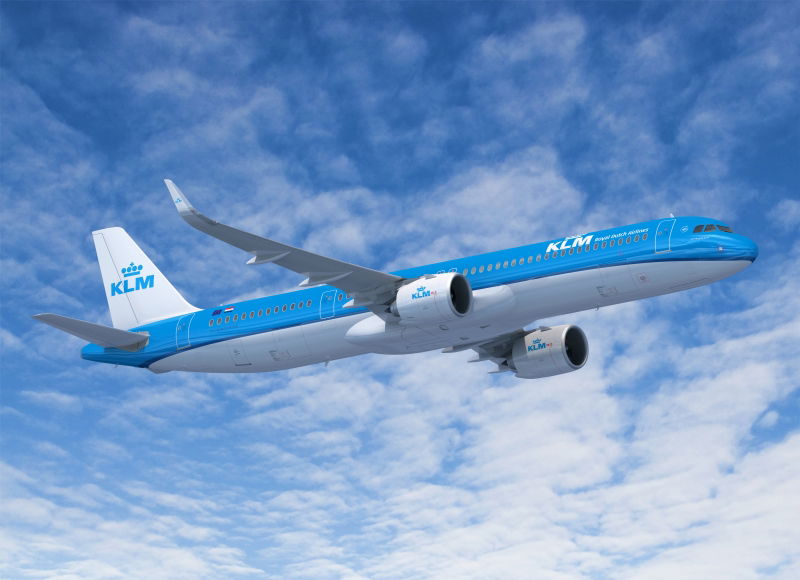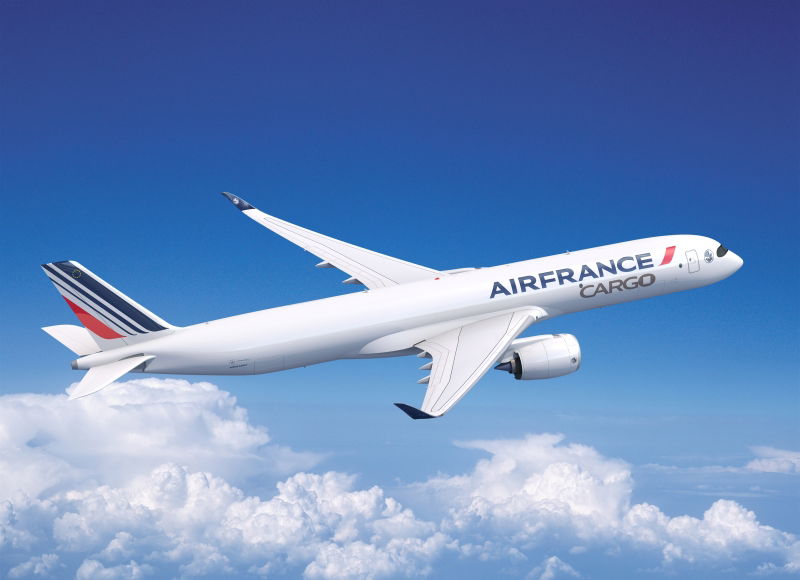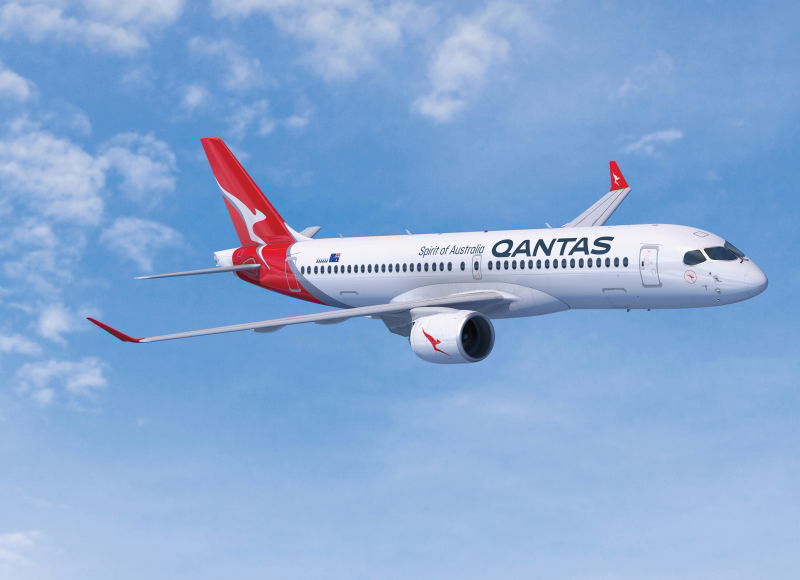KLM, Transavia And Qantas Announce Major Airbus Orders

Boeing is having a bad day after two major airline groups have announced major Airbus orders.
KLM and Transavia to take delivery of A320neos in 2023
Air France-KLM have signed an agreement for a firm order of 100 Airbus A320neo aircraft, along with the option for 60 additional aircraft in the same family. The order consists of a combination of A320neos and A321neos even though it’s too early to tell how the group will split the order. The new aircraft will replace the fleet of Boeing 737 NGs across both the KLM and Transavia brands.
This A320neo/A321neo order will replace KLM and Transavia’s current Boeing 737 NG aircraft on European routes from the end of 2023. After the previous choice for the Embraer 195-E2 for flights within Europe, this order is an important next step in the objectives of sustainability, customer experience, comfort and efficiency.
With this purchase, KLM is making its fleet considerably more sustainable. The Airbus A320neo family aircraft produce up to 50% less noise than the current older generation aircraft and provide a 15% reduction in fuel consumption and CO2 emissions.
Further details on the final choice of engines and exact configuration and equipment of the cab will be decided and announced at a later date. KLM currently has a total of 46 737 NGs (10 -700s, 31 -800s and 5 -900s) while the low cost brand Transavia has 89 (85 -800s and 4 -700s).

Additional, the Air France-KLM group has also signed a Letter of Intent to purchase 4 A350-900 freighters, with options for 4 additional aircraft as it plans to expand cargo capacity on the Air France side of things. If all goes to plan, Air France would become the launch customer for the A350F.
Benjamin Smith, CEO of the Air France-KLM Group, said: “These evolutionary orders will position our Group airlines on the path to improved performance while accelerating our decarbonization trajectory. This is a major step forward for KLM, Transavia and Air France, which will operate the best aircraft available for their network needs. The outstanding performances of the A320neo family and of the A350F Full-Freighter, which are quieter, more fuel-efficient and more cost-effective aircraft, make them the best choices for the long-term growth of our fleet. They will be instrumental in reaching our ambitious targets, including zero net CO2 emissions by 2050.”
Qantas slowly going all-Airbus?

Qantas has also firmly committed to 40 Pratt & Whitney-powered Airbus aircraft, 20 A321XLR and 20 A220s, along with 94 additional options (between the A320neo and A220 families) over the next 10 years. Unlike KLM, Qantas looks to be taking a longer approach to phasing out its fleet of Boeing 737-800s and 717-200s via its options, while it taps into different markets with its A321XLRs and A220s.
According to the release, the A321XLRs have 15% more capacity than their current 737-800s, and will be deployed on busy routes between capital cities like Melbourne, Sydney and Brisbane, along with opening up the possibilities for longer haul city pairings. It’s not clear yet where Qantas wants to take these new birds, but Asian routes might be a thing? I mean, it should be expected because airlines don’t just order A321XLRs solely for the purpose of use on shorter haul routes.
The airline also plans to deploy the smaller A220s on other domestic and regional routes within the pacific region, and may even use them on heavily trafficked routes during peak periods.
Qantas Group CEO Alan Joyce said the airline had called the renewal of its domestic fleet Project Winton after the town where the national carrier was born 101 years ago, because it’s a key strategic decision for the future of Qantas Domestic.
“This is a long-term renewal plan with deliveries and payments spread over the next decade and beyond, but the similarly long lead time for aircraft orders means we need to make these decisions now.
“Qantas is in a position to make these commitments because of the way we’ve navigated through the pandemic, which is a credit to the whole organization.
“This is a clear sign of our confidence in the future and we’ve locked in pricing just ahead of what’s likely to be a big uptick in demand for next-generation narrow-body aircraft. That’s good news for our customers, our people and our shareholders.
“We’ll be having discussions with our people to ensure we have the arrangements necessary to support such a large investment.”
The order should be finalized in their 2024 financial year.
It may not be the end of the world for Boeing, but all the signs indicate that the American manufacturer has lost its edge in the narrow-body market. Its range of 737 MAX aircraft have not been favored as the MAX 9 and 10 have been outshone by the capabilities of the A321neo variants including the LR and XLR, from both a comfort and performance standpoint. Hopefully they are already back to the drawing boards with an entirely new model, ready to take up the fight in a few years time.



